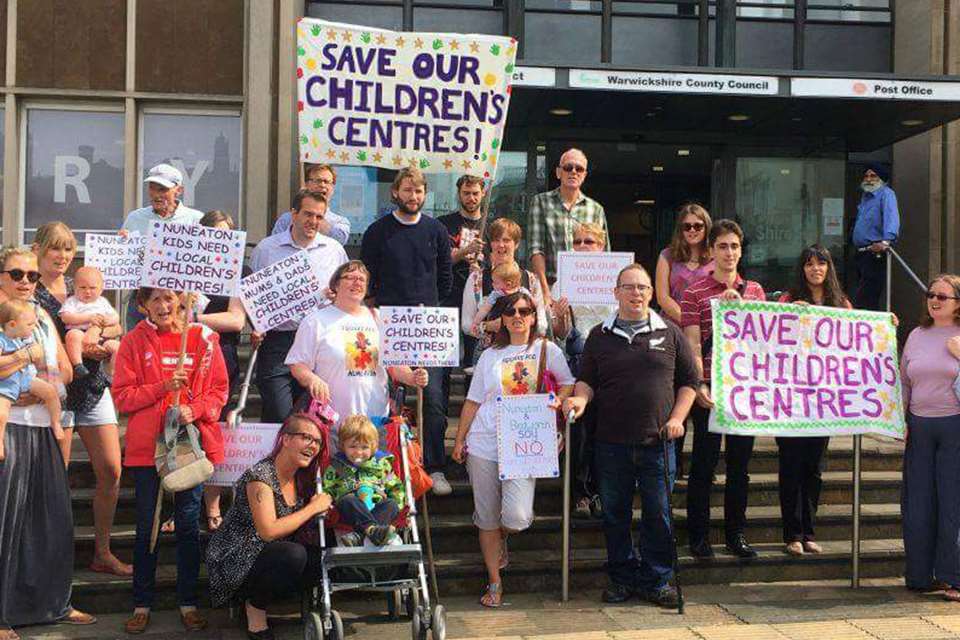Centre closures ignored
Natalie Perera, executive director and head of research, Education Policy Institute
Monday, April 16, 2018
Natalie Perera says that the state of children's centres reinforces the case for a clear strategy for integrated early childhood services

Last week, a report by the Sutton Trust found a worrying decrease in the number of children’s centres and the services they offer. More than a thousand centres might have closed since 2009.
Yet the findings have barely created a ripple in Westminster. What would the public and political reaction be if a thousand schools had closed in fewer than 10 years?
Critics of the children’s centre policy argue it became too ‘watered down’ to meet the Labour government’s commitment to have a centre in every community. Some evidence suggested the services were predominantly being used by the middle classes, who were elbowing out the most vulnerable and hard-to-reach families.
In the early years, there is very little evidence that targeted programmes are more effective than universal ones. Where the evidence has been conclusive, it suggests that universal programmes have a greater benefit from a societal perspective – largely because they reduce stigma and segregation.
But if the Government was concerned that children’s centres were not supporting the most disadvantaged families, it should have improved the programme, putting in place greater oversight and, possibly, accountability. However, instead of reviewing critically the purpose of centres and remodelling them based on the latest evidence, the programme has simply been left to wither away with little to replace it.
By failing to support these much-needed family services, schools and pupils themselves are often left to pick up the pieces. Disadvantaged children start school, on average, more than four months behind their peers and continue to fall behind over the course of both primary and secondary school. And, despite their budgets falling in real terms, schools say they are increasingly having to provide wider support for parents and families to plug the gap in local services.
The Government needs to put in place a clear strategy to provide integrated services in early childhood. By the time children start school it’s simply too late to overcome the problems that can be stored up for families left without early support. And given the reduced educational support from local authorities, it is unlikely that schools can pick up all the pieces.







